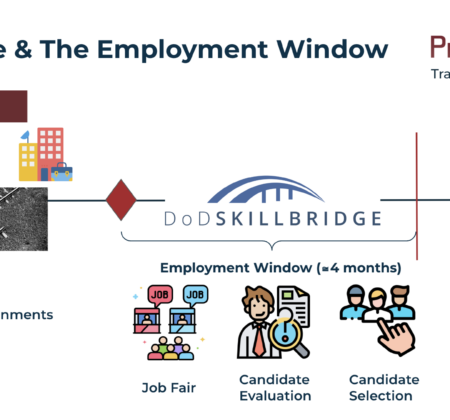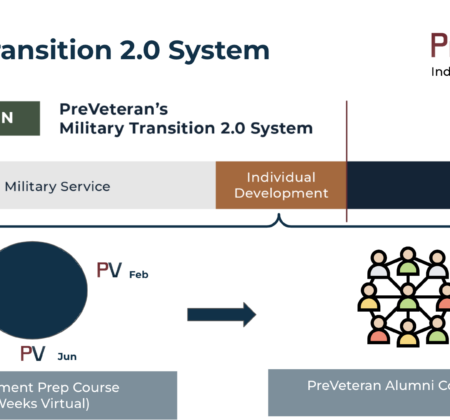In 2003, I was selected to be the second-ever C-130 exchange pilot to the Japan Air Self-Defense Force. For those of you not familiar with exchange positions, they are strategic partnerships between nations that embed junior officers in the partnering operational unit to develop strong relationships that pay dividends down the road when quick decisions need to be made and mutual trust instantly established.
I learned several life lessons in my 5+ years as an exchange officer in Japan; however, today I’m going to tell you about how learning Japanese taught me so much about my military transition. I think you’ll find good lessons there as well.
Background
I was hot shit in 2003! Or at least I thought I was. By that time—eight years into my career—I’d flown in three conflicts: Bosnia, Afghanistan, and Iraq. I had seen and done it all in a C-130. They’d given me the keys to a $25 million aircraft and I led crews all over Europe, the Middle East, parts of Africa, and the United States. It was exciting and meaningful.
Then, all of the confidence born from my military experience evaporated in less than a week—poof, it was gone. My world collided with the Japanese language and I was not ready for it in the slightest.
This led to the following lessons:
Lesson #1—The stress of doing something you’ve never done before can be overwhelming and debilitating—truly!
My example of learning Japanese for the first time at age 30 might be an extreme example but let’s discuss a few similarities. Japanese was completely new to my brain. The only words I was aware of were from Styx’s famous 1980s song, “Domo Arigato, Mr. Roboto” and I was not quite sure what that meant at the time.
Also, at the end of my 12-month language immersion course in downtown Tokyo, I needed to be fluent enough to teach Japanese students how to fly the C-130. This is truly an impossible task with such a complex language—and my brain knew it. It was kicking into survival mode and as a result, when I wanted to sleep at night, my brain would not let me rest because I had such an important deadline in one year. Add to this that our senseis (teachers) at the language school did not speak a single word of English—ever—throughout the entire year.
My stress was so profound that I seriously contemplated quitting the course, accepting the career consequences of not hacking it, and doing anything else. Yes, it was that bad.
Again, this is an extreme example, but does any of this sound familiar? As members of the military, 99.9% of you have zero experience transitioning out of the military, so it is a new experience you’re heading into. And there is a deadline. Similar to mine, most of you won’t start until you are about 12 months from your planned separation or retirement.
Lesson #2—Transformation is a process, not an event
For native English speakers, Japanese is one of the hardest languages in the world to learn, for many reasons, but here are some of the more common reasons.
- It has three different alphabets or representations of the language—Kanji, Hiragana, and Katakana. None of them have conventional letters that English uses, so you can’t read it like you could Spanish (for example), until you learn it.
- There are sounds in the language that your brain has never processed and your mouth has never uttered. This means in many ways your brain is a blank sheet of paper or empty database that needs to be propagated before it can be used.
Besides the incredible stress of having to learn that language within 12 months, in retrospect one of the biggest additional stressors was that I so wanted to circumvent the process somehow and arrive at Japanese language fluency in months, not years. Again, a completely impossible task—but my military-related experiences led me to believe it was possible. It wasn’t.
This is a valuable lesson to you and your military transition: whether you know it or not, to be successful, you will have to make a self-transformation. You are leaving a < 1% of the U.S. population and entering the general public’s 99%. You have not done this before, so your brain—similar to mine in Japan—is going to want to solve problems for you. It will be teeming with energy, trying to solve your individual transition problem. It will keep you up at night. It will lead to stress and uncertainty.
Like I did, you will also want to circumvent this process and arrive at a level of preparation you innately know—or think you know—that will lead to post-military success.
You will also think your military service will somehow prepare and enable you to do something you’ve never done before—and do it successfully.
Lesson #3—You Need Time, a Good Model, and Support to Be Successful
Even though trying to become fluent in Japanese within 12 months is truly a fool’s errand, the Kichijoji Foreign Language School in Tokyo had a very effective and proven model for practical and effective learning. They knew—and I later found out personally—that human learning is actually rather simple and can be captured in a simple phrase—repetition with teacher support. Because this evolution will take a lot of time and effort, there is no short-cutting the process of learning and transforming.
This lesson served me well in my preparation for military transition and I know it will serve you well in yours. First, you need to find a model that facilitates the same process of repetition that I went through to learn Japanese. Next, you need support to make sure you understand the journey you’re on, to help you understand the material, and to keep you accountable.
PreVeteran Employment Prep Course
For those of you who seek employment after the military, we built these very lessons—repetition with support—into our Employment Prep Course. We are accepting applicants to our next class now. Click here for more information.


